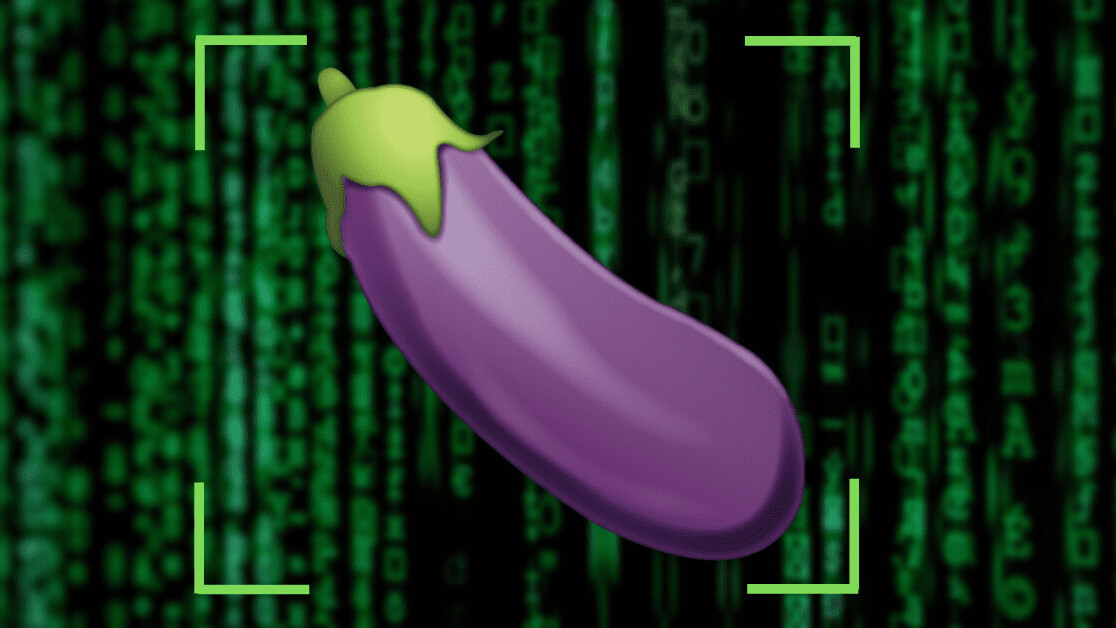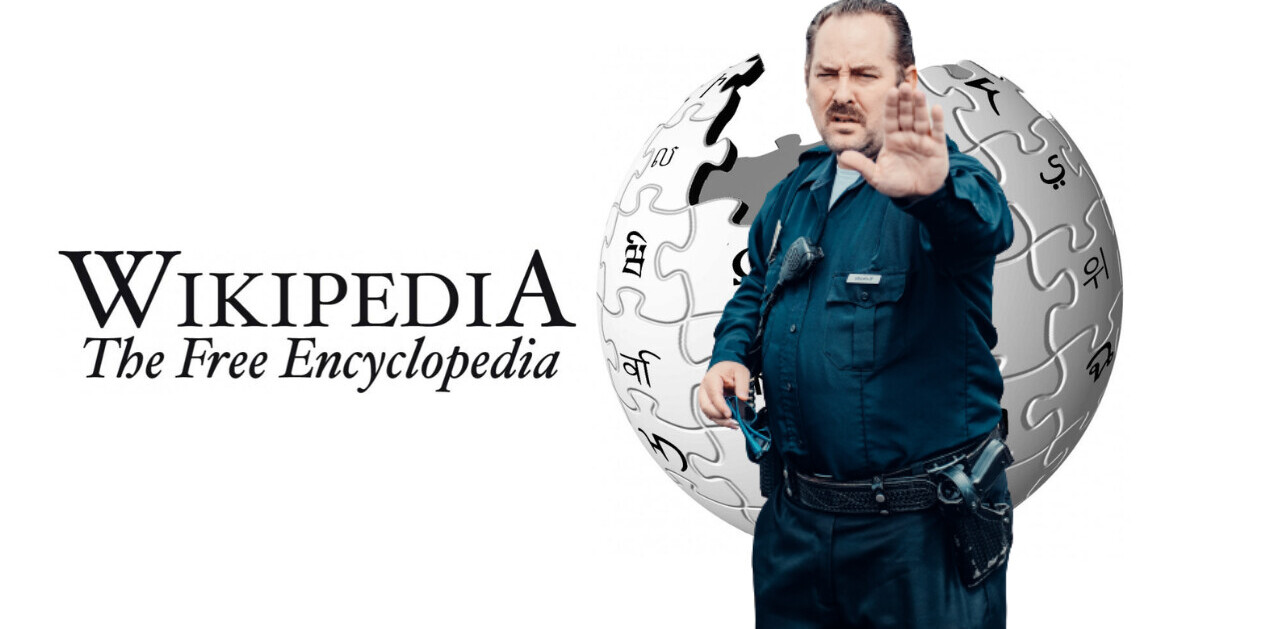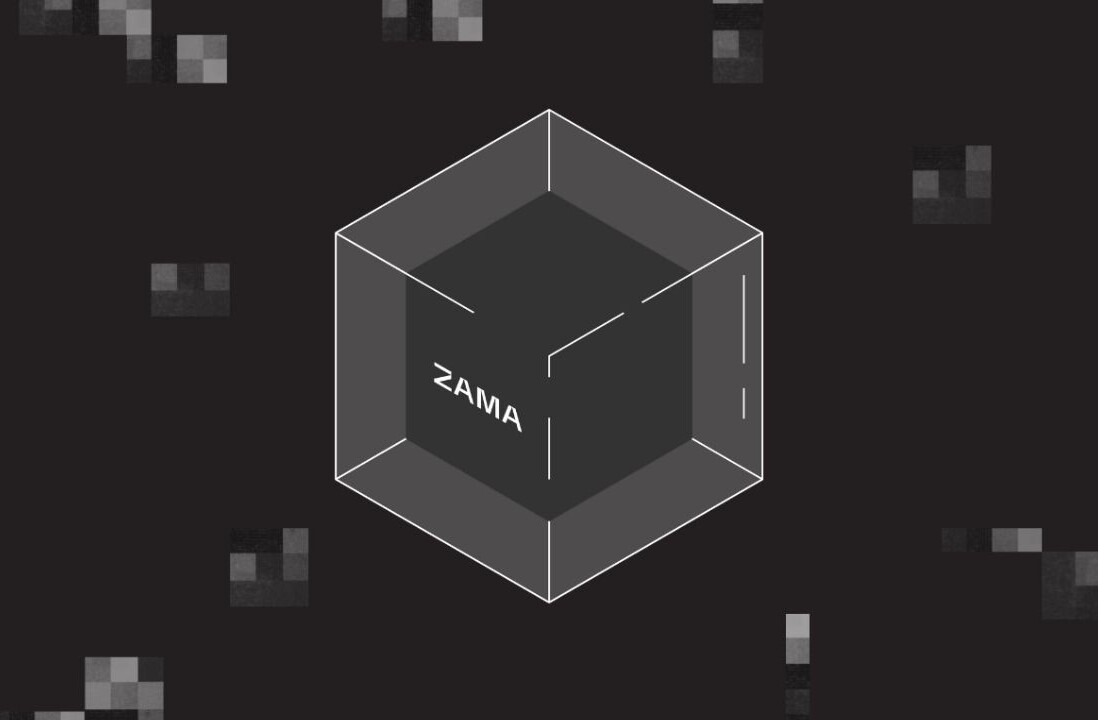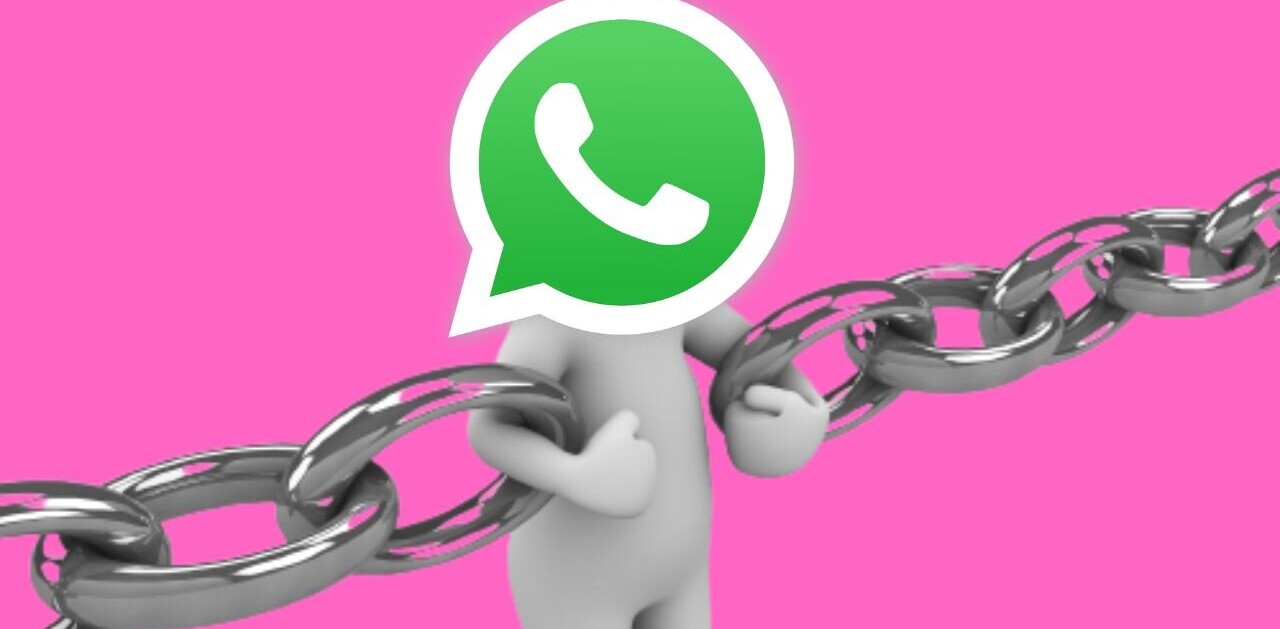
Ever since the first porn video was uploaded to the internet, the worry of minors stumbling across it has persisted. Surprisingly — as I’m sure you already know — finding porn online is an easy task requiring just a quick Google search.
Governments are working to make it one-step harder to access porn online. Yesterday, Australia’s Department of Home Affairs proposed to start scanning porn viewers’ faces and match them up with government photos to verify their age using its ‘Face Verification Service’ — an image database of Australian citizens that is managed by government agencies.
“Home Affairs is developing a Face Verification Service which matches a person’s photo against images used on one of their evidence of identity documents to help verify their identity,” the government agency wrote in a submission. “This could assist in age verification, for example by preventing a minor from using their parent’s driver licence to circumvent age verification controls.”
The Australian government has been developing its face-matching service and it’s not currently fully operational, and won’t be until Parliament passes the Identity-matching Services Bill 2019 — which was recently rejected by the security committee over fears of privacy safeguarding.
Similarly to Australia’s recent efforts to prevent minors from finding porn online, the UK scrapped its controversial plan to require age verification for accessing porn online, after repeated delays. The Digital Secretary Nicky Morgan said the measure — which was initially scheduled to go into effect in March 2018 — “will not be commencing.” Instead, the government plans to accomplish the goal of “protecting children online” as part of a “proposed online harms regulatory regime.”
As fears loom around online privacy protection, questions have been raised as to how effective this tool could be. Earlier this year, the Guardian reported on just how easy it is to bypass age-verification checks – it took them less than two minutes to fool one of the flagship verification products.
Right now, only time will tell if the Australian government goes ahead with facial-recognition, or if the proposal will meet a fate similar to its UK counterpart.
Get the TNW newsletter
Get the most important tech news in your inbox each week.





